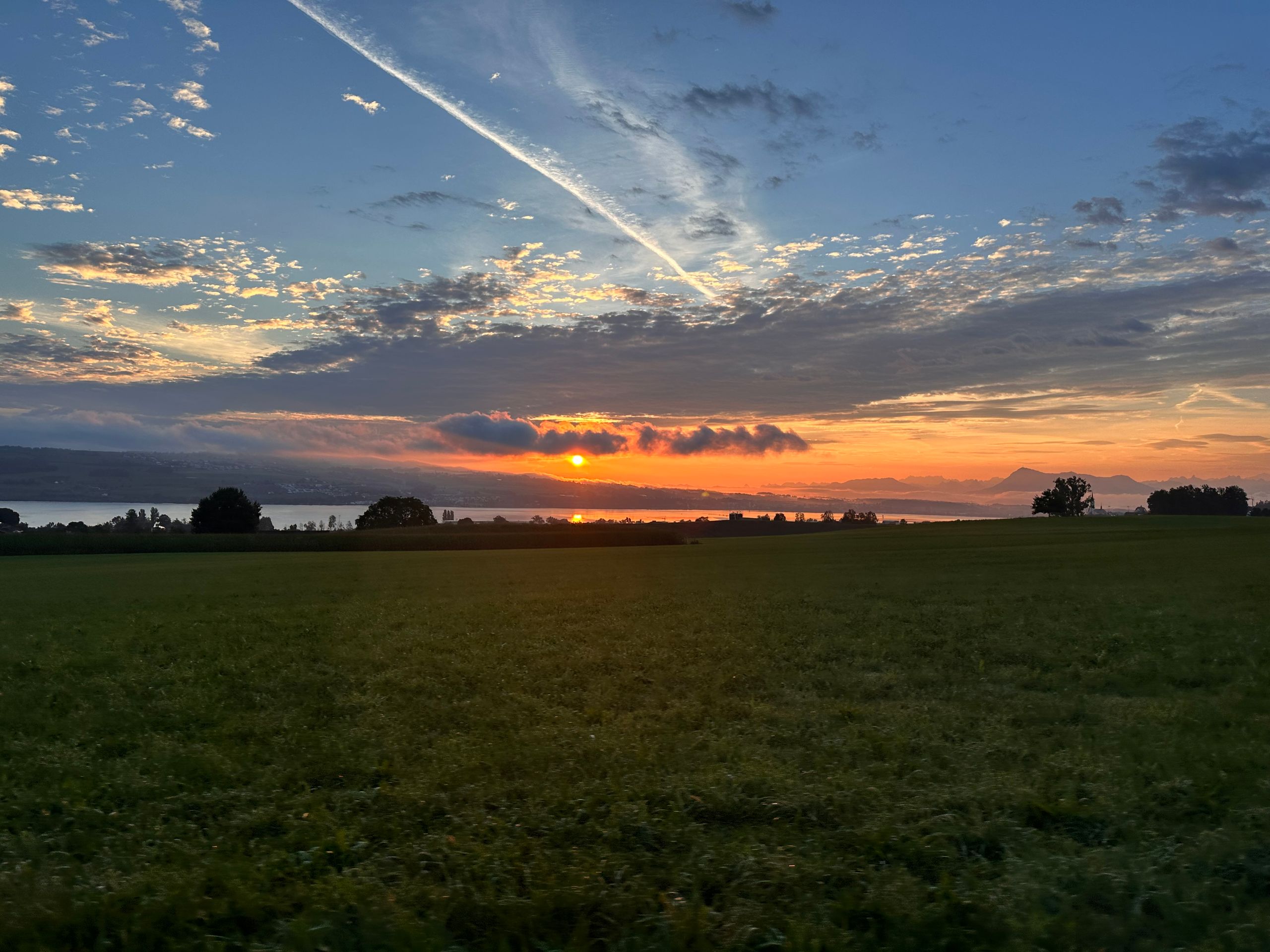Pals, Historical Heritage
Buga: 21.10.2024
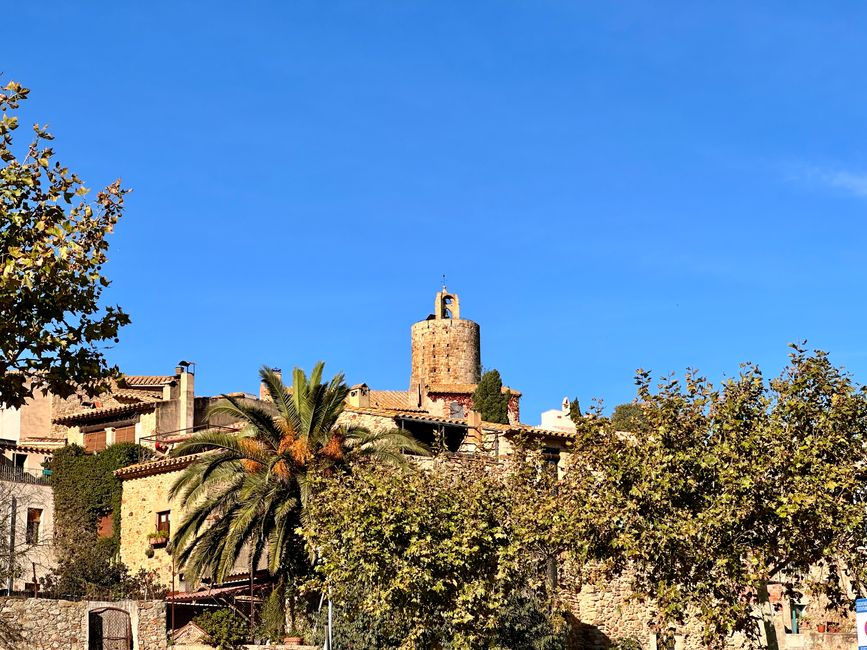
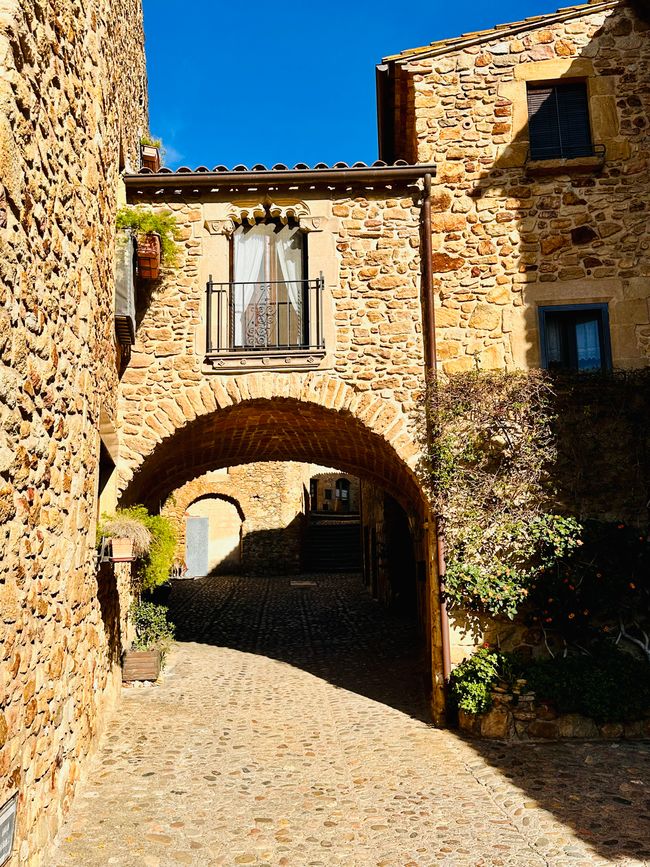
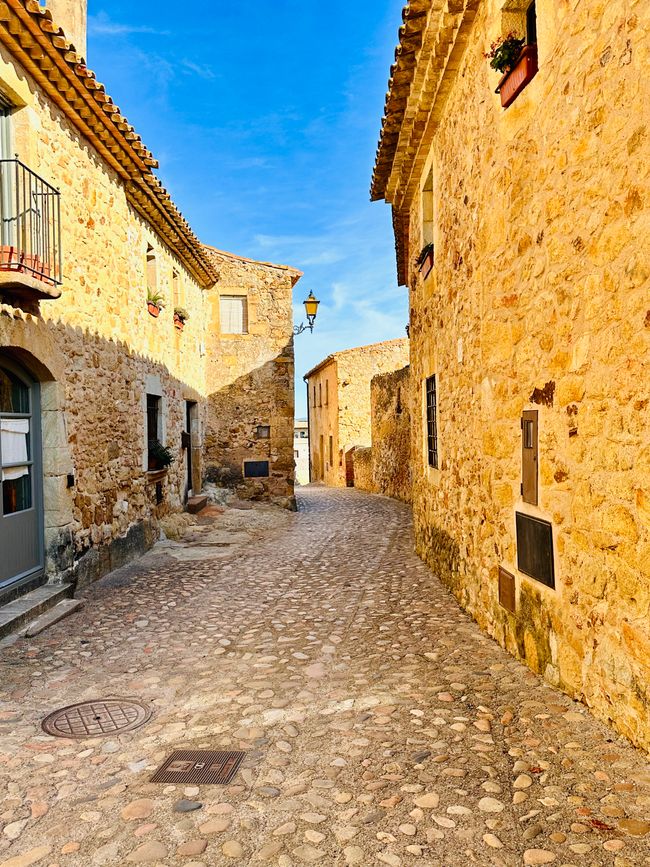
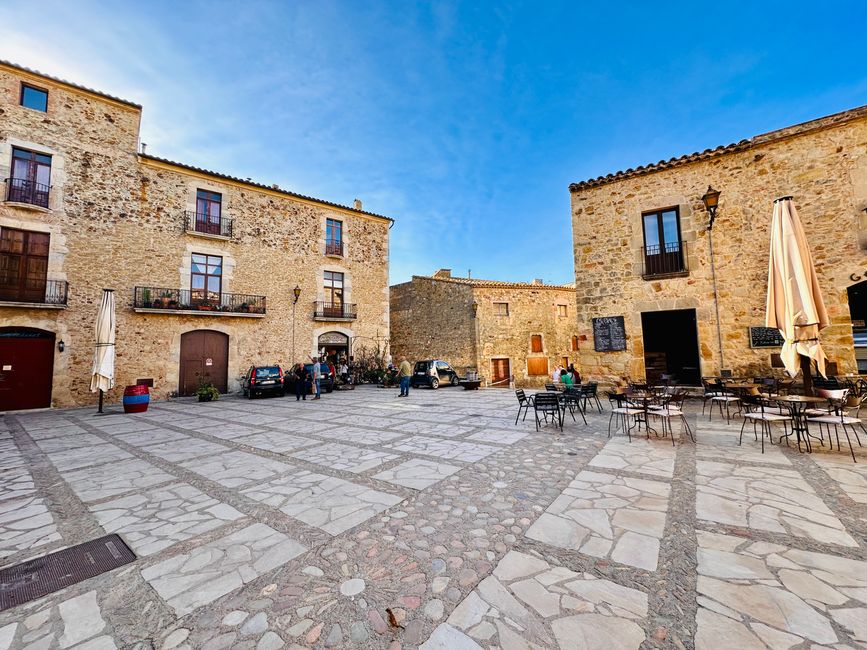
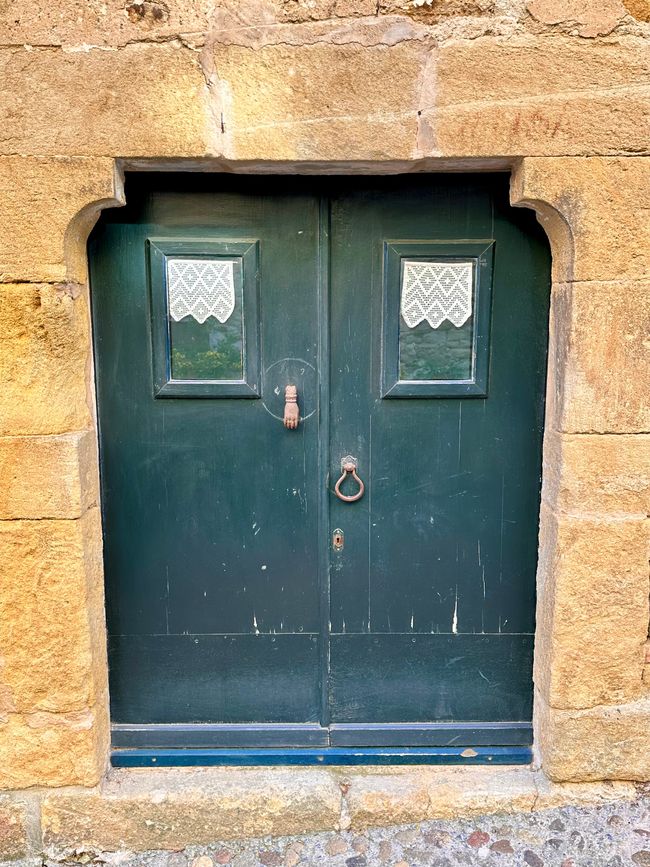
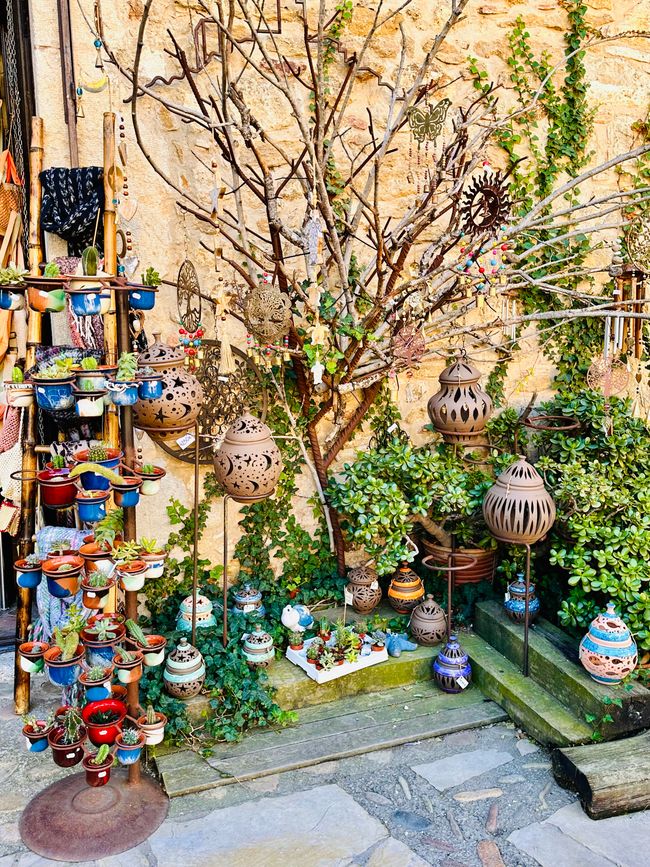
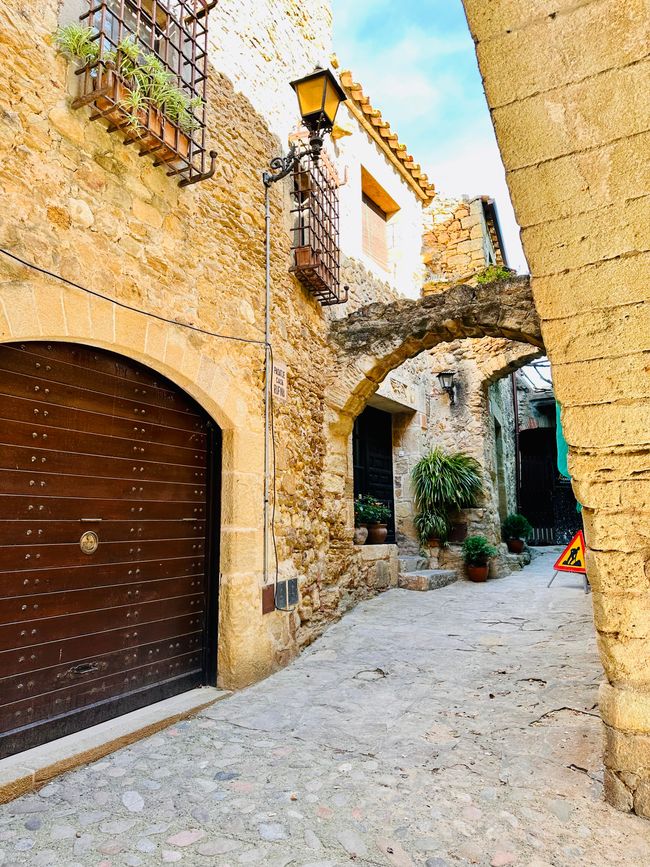
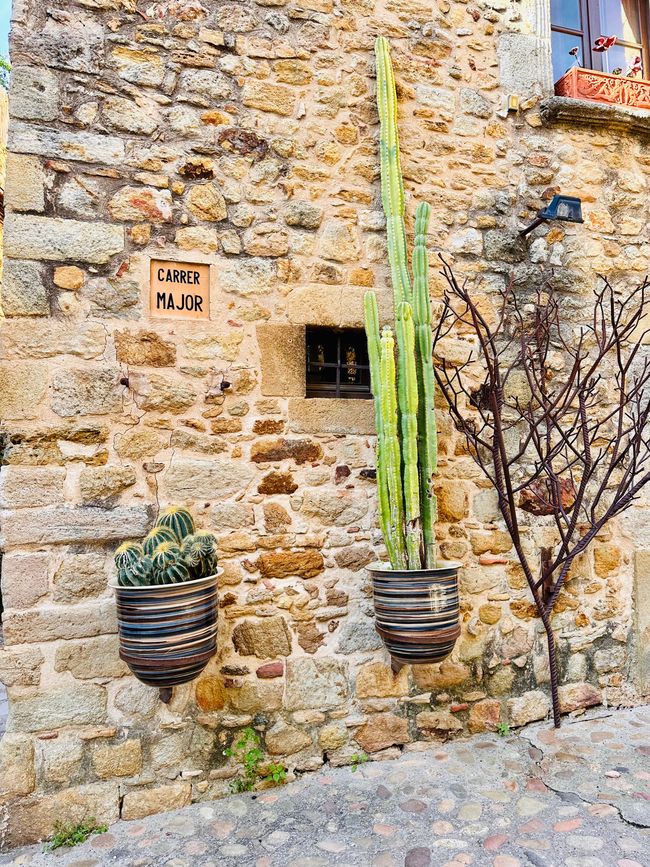
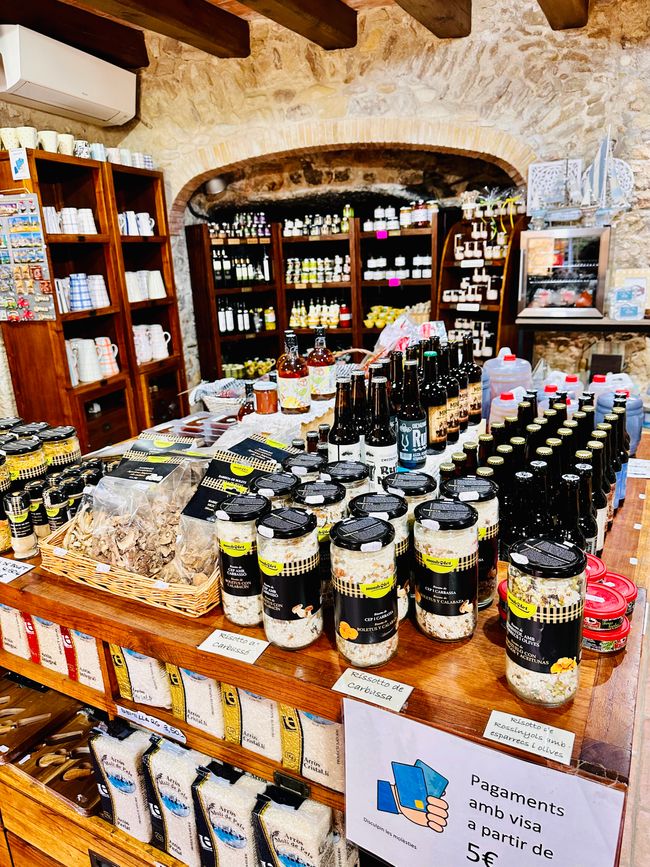
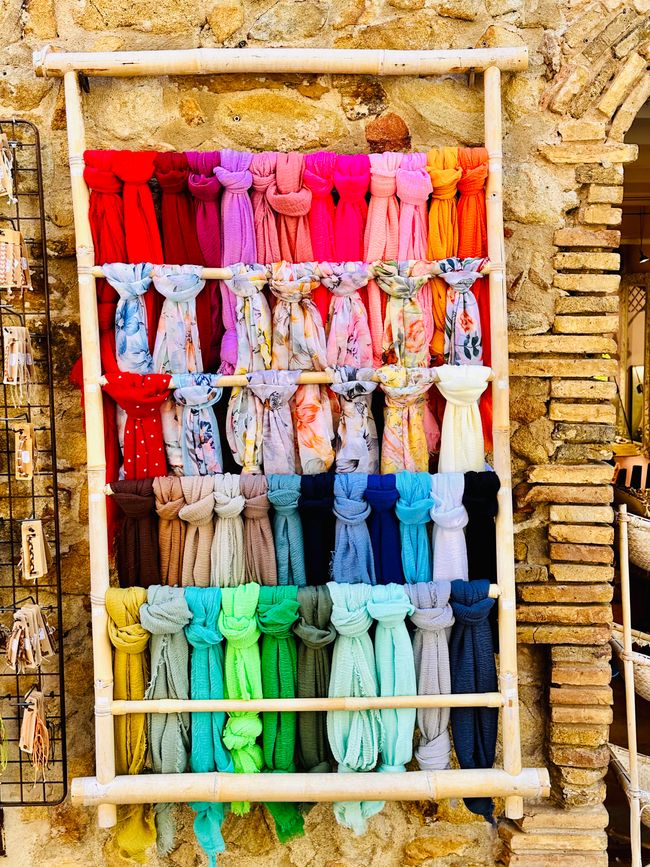
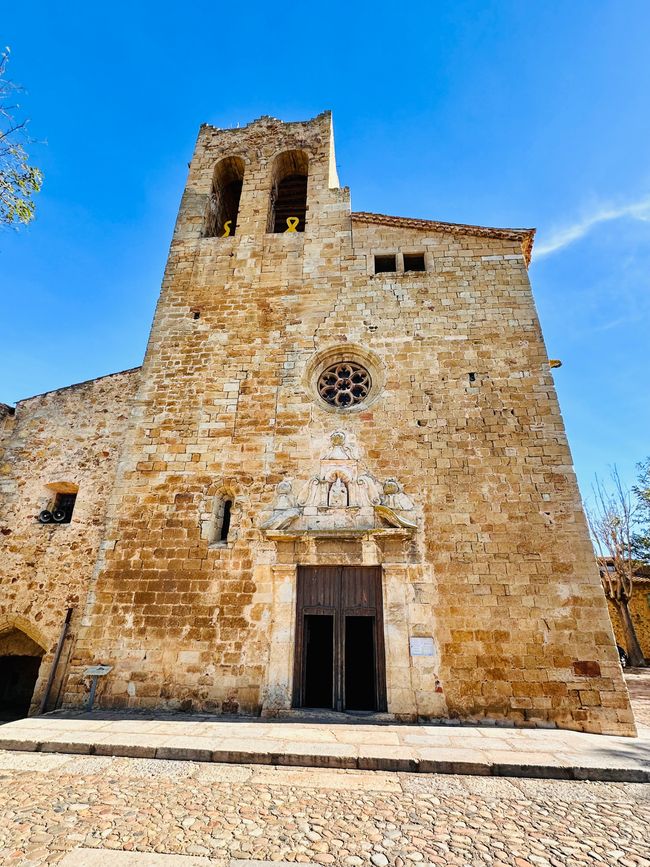
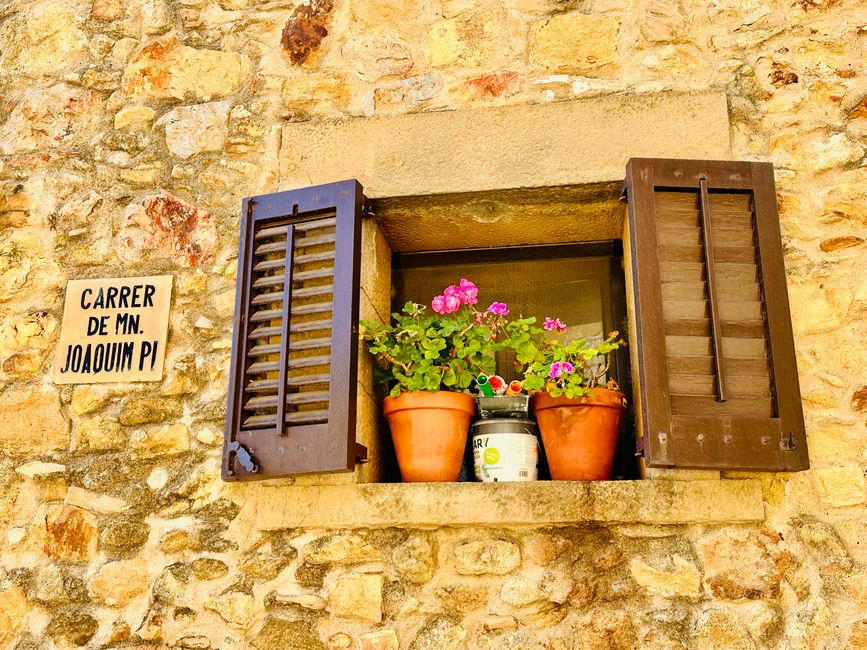
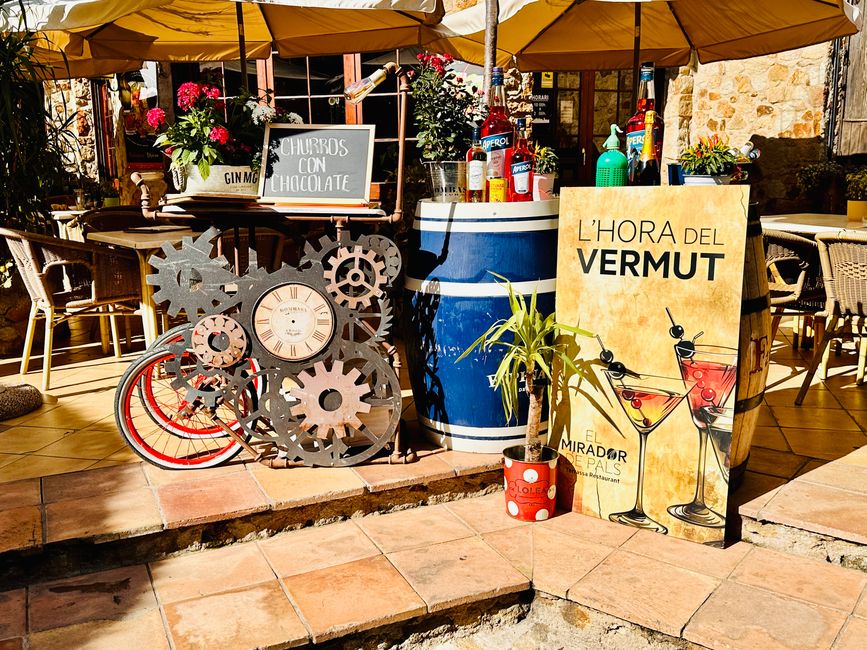
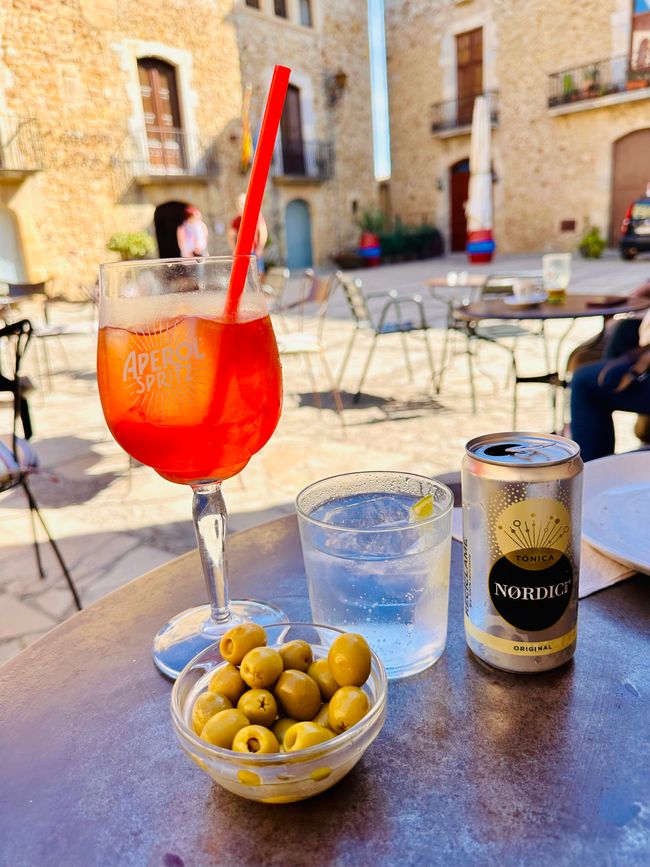
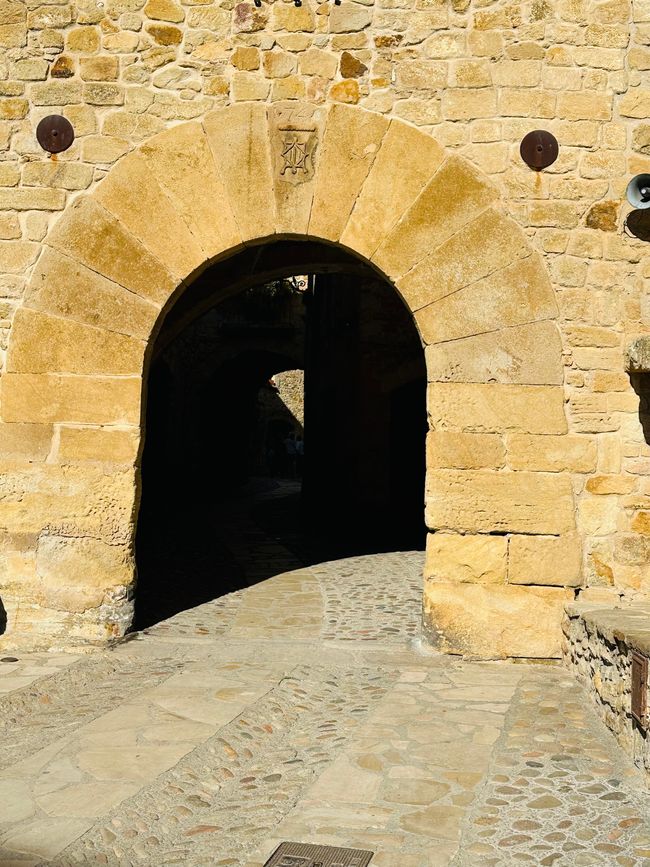
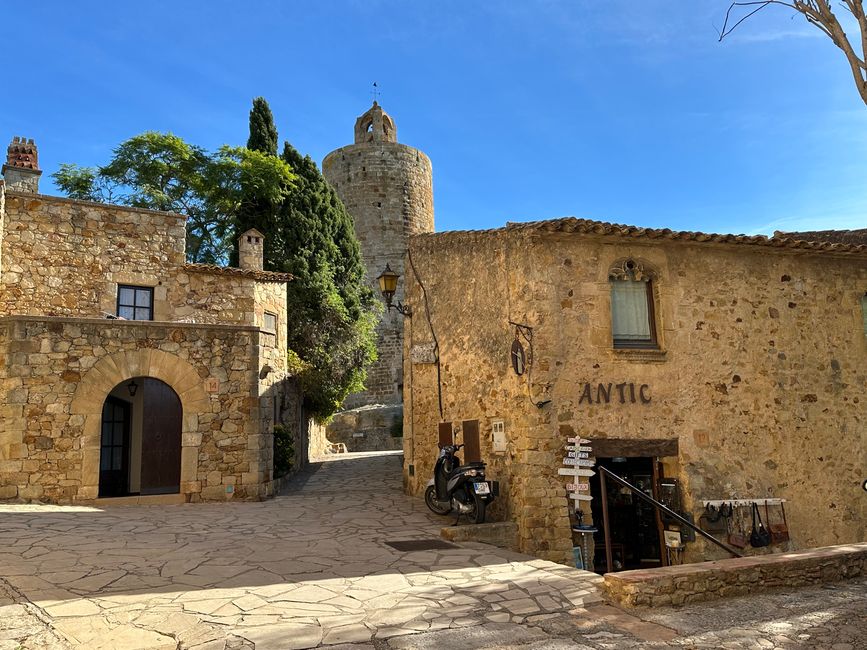
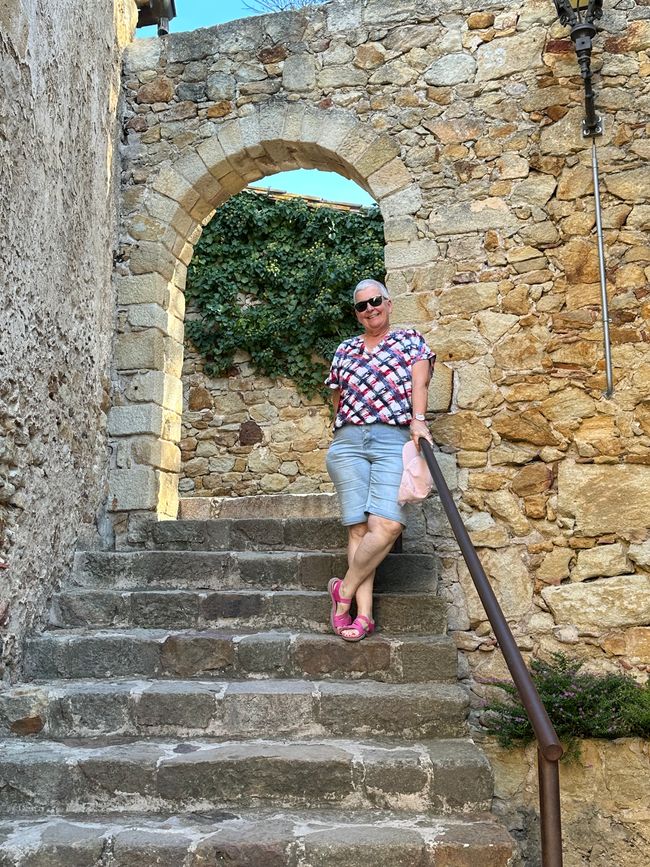
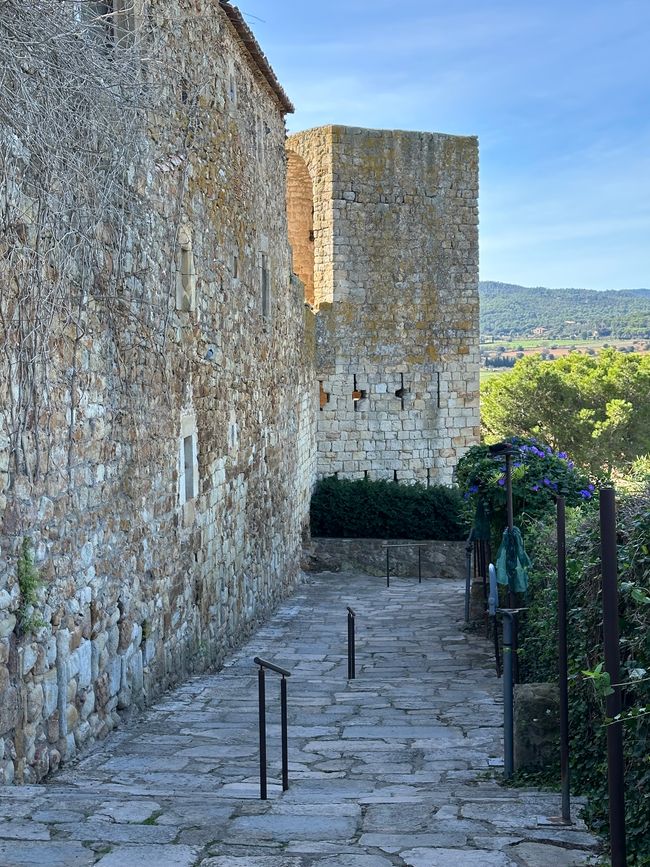
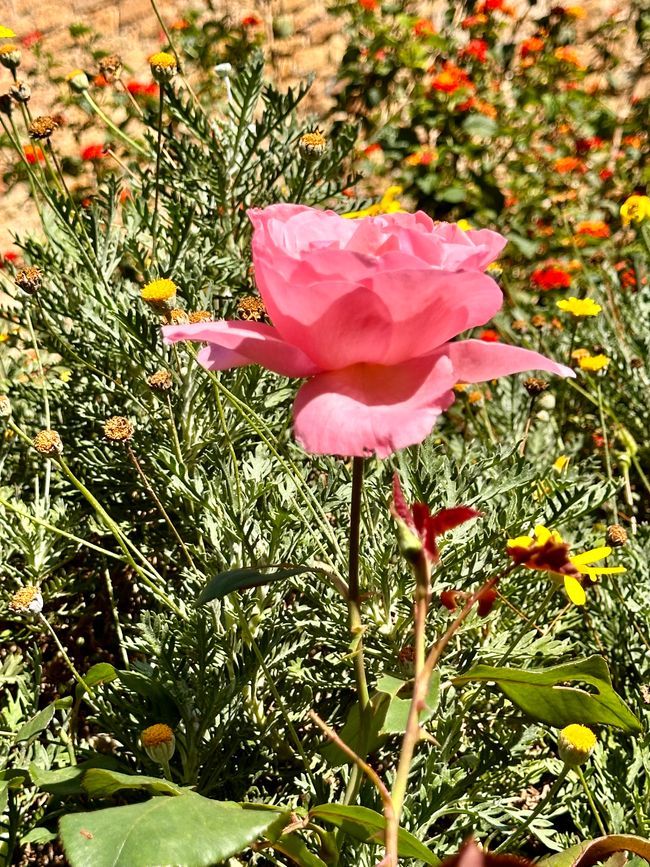
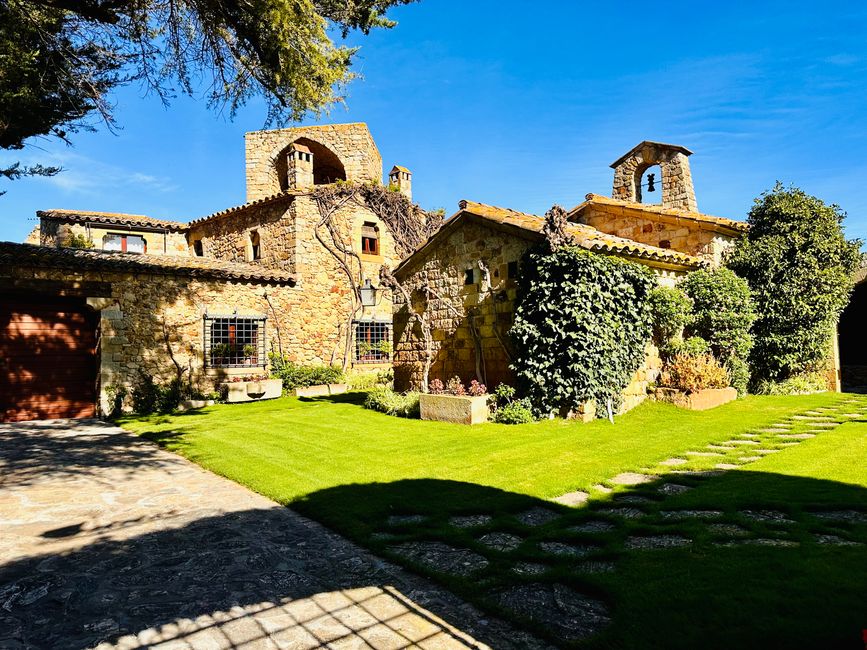
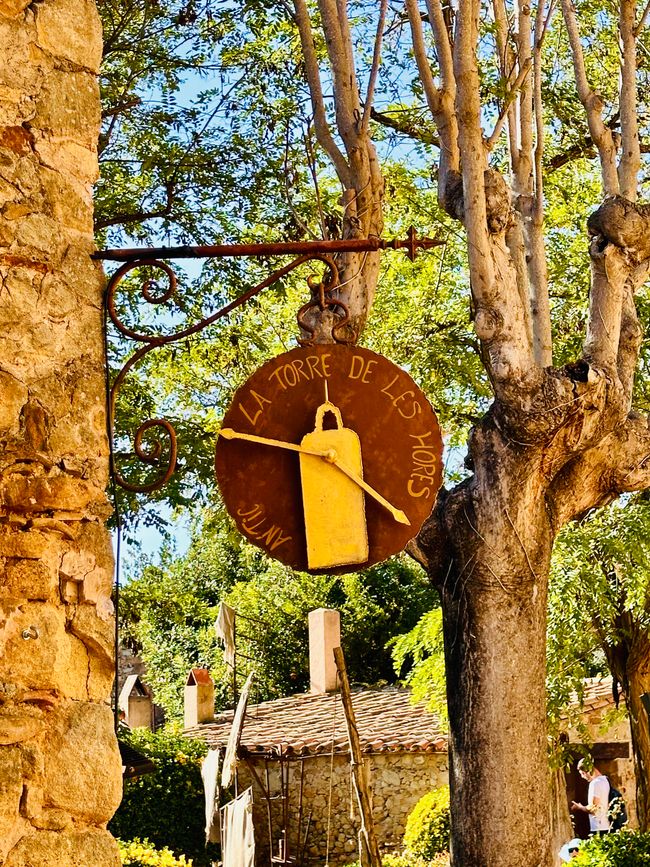
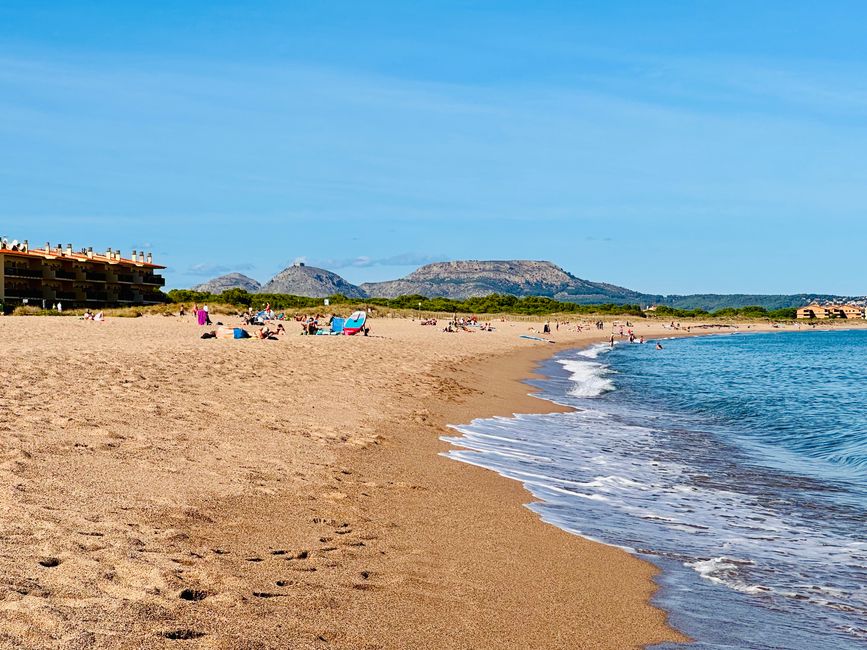
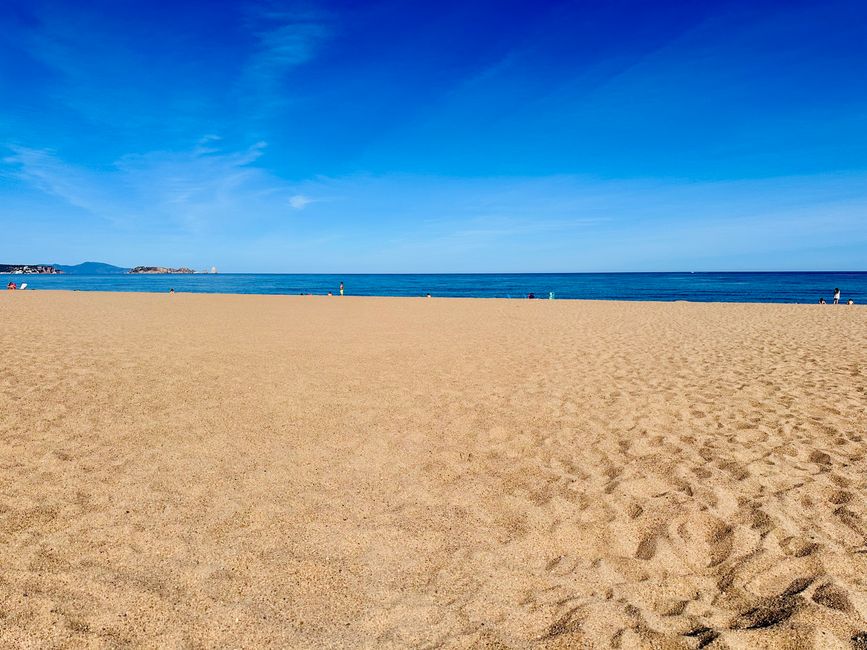
Biyan kuɗi zuwa Newsletter
Today, Sunday, we took a trip to Pals. It feels as if time has stood still there. Visiting the village is like a journey back to the Middle Ages. Pals is a place with significant historical heritage. The area can be easily explored on foot. Pals is surrounded by a well-preserved city wall.
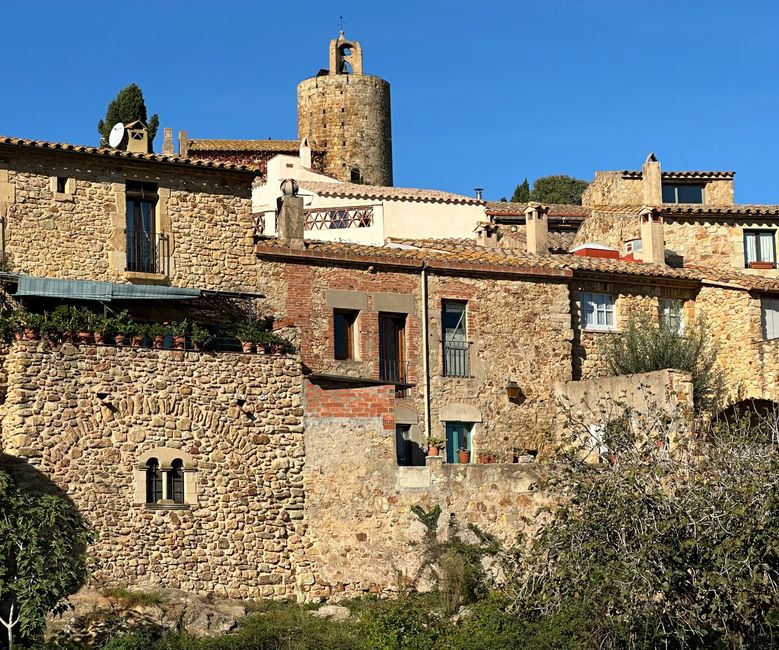
The name “Pals” has its roots in the Latin word “palus,” meaning “swamp.” This suggests that the area around Pals was once marshy or characterized by wetlands. Historically, the town was located in a region influenced by its proximity to rivers and wetlands, which were drained for rice cultivation in earlier centuries. Rice is still grown around Pals today.
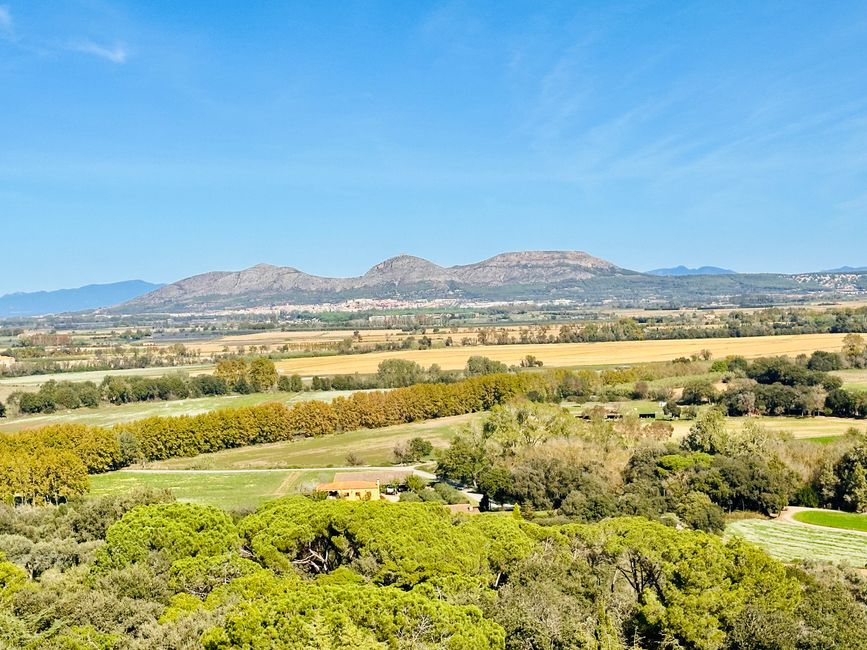
In Pals, one can feel the magic of the stones that have withstood the passage of time almost unchanged. You will find Romanesque, Gothic, and Baroque styles perfectly harmonized. In every corner, surprising details are hidden.
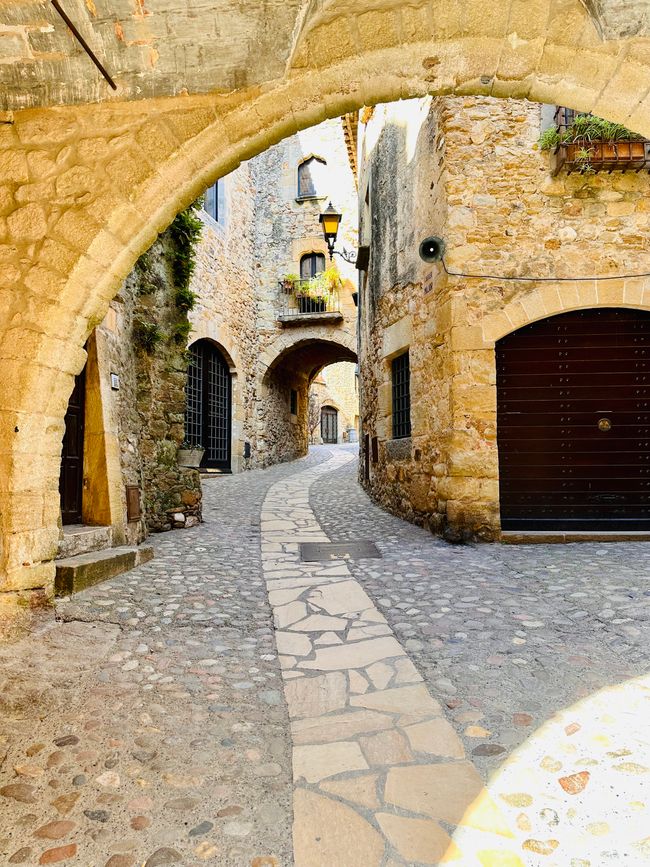
The place is also known for its well-preserved medieval architecture and its charming old town, which sits atop a hill. Pals is one of the most beautiful villages in the Empordà.
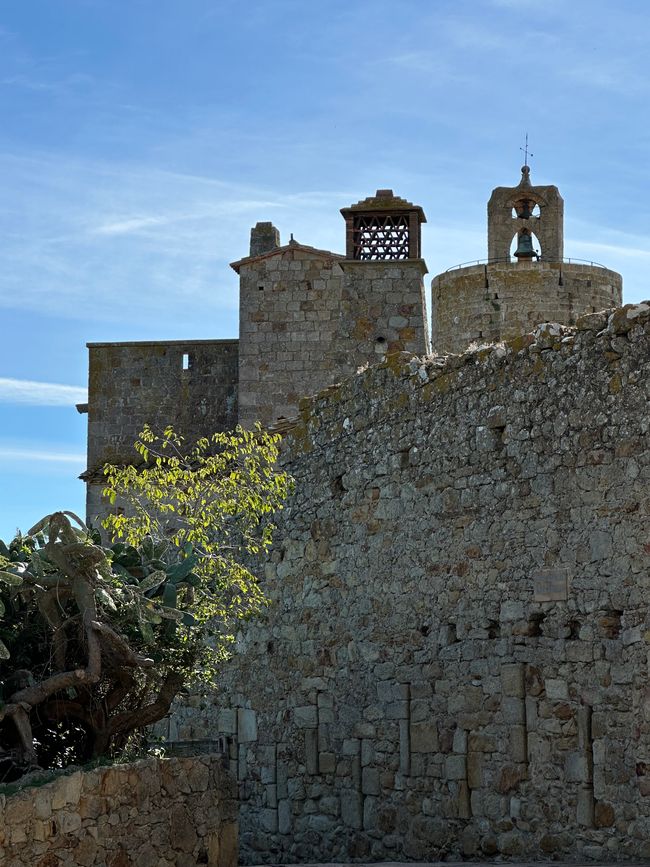
The Plaça Major was established in front of the main gate of the city wall, on the square where a market has always been held, approved by Jaume II in 1293. Evidence of the square's commercial past can be found in the corner formed with the city gate. One of the arches that provided access to a market hall or portico is still visible there. By the end of the 16th century, the portico had become the first municipal building and was partially incorporated into the renovation of the city wall. The town hall was eventually relocated to the current building, which was originally the house of a blacksmith.
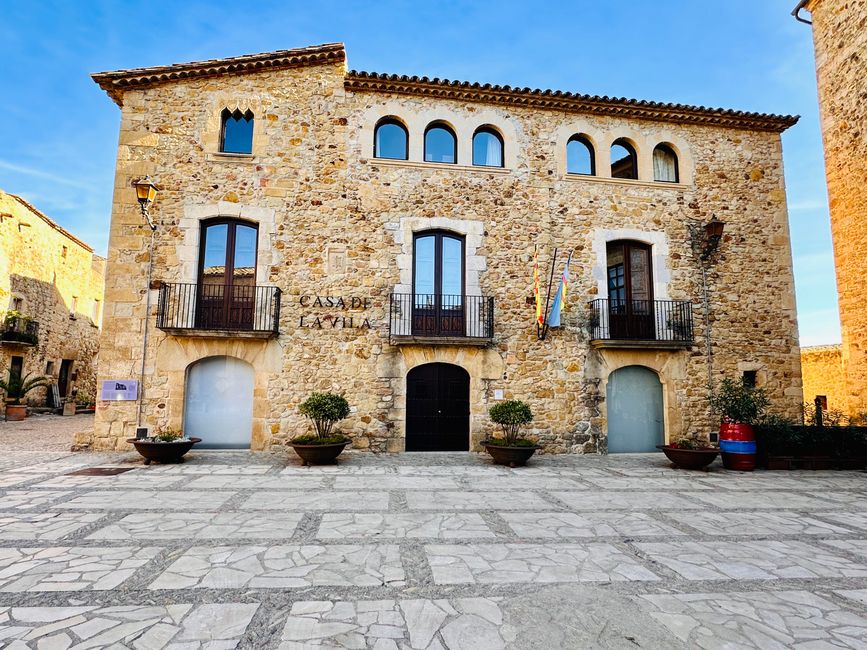
Notably striking is the medieval tower, the Torre de las Horas, from the 11th century, which was part of the former city walls. The tower is the most significant architectural remnant of the old fortress of the village. It was relieved of its military function at the end of the 15th century due to damage it suffered during the Catalan Civil War (1462-1472).
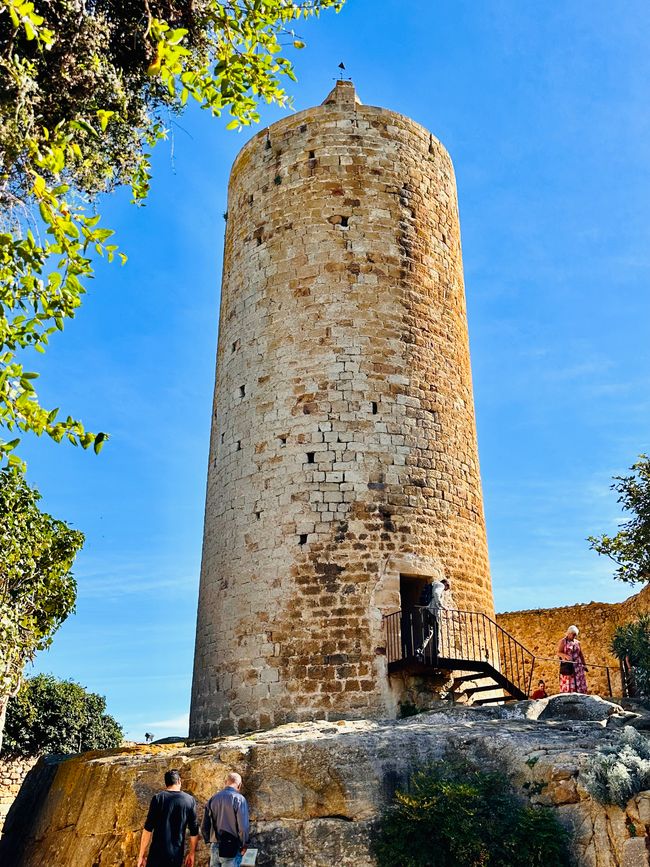
The loss of military functions led to various renovations to adapt the tower to its new role as a lookout and bell tower for the locals. The tower was restored from 2012 to 2018 at the request of the town council of Pals. The small bell chimes the quarter-hours, and the larger one chimes the hours.
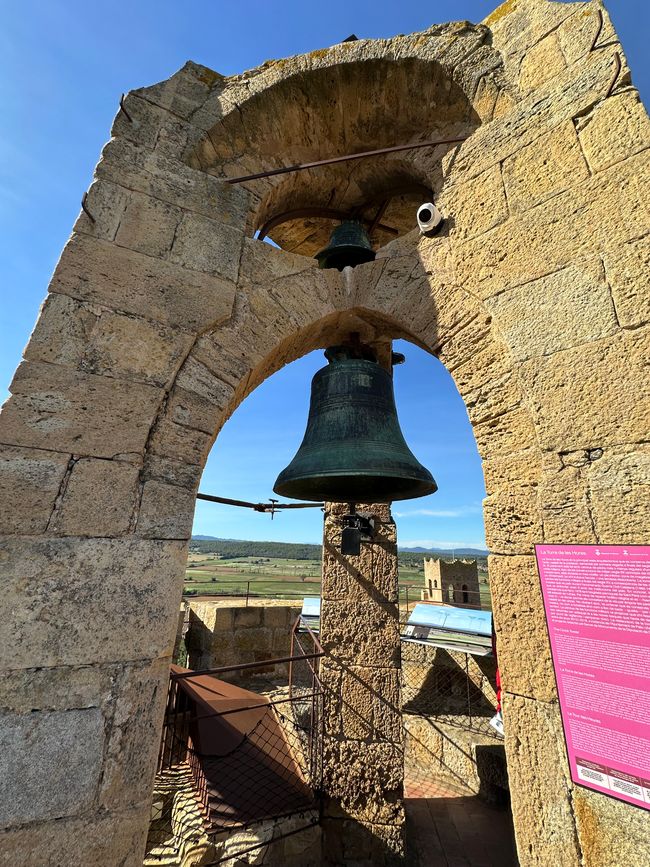
The Gothic church of Sant Pere is another historical highlight. The church was built in the 10th century on the remains of an earlier Romanesque church, and its current appearance results from Gothic extensions and renovations in the 15th century. Typical features of Gothic architecture, such as pointed arches and high vaults, can also be seen here.
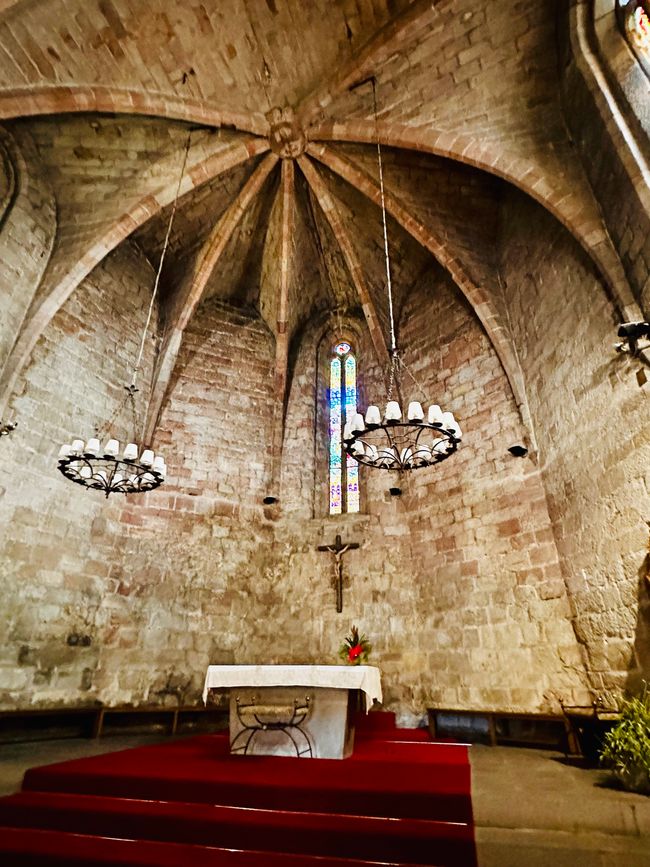
Particularly impressive is the bell tower that shapes the skyline of Pals.
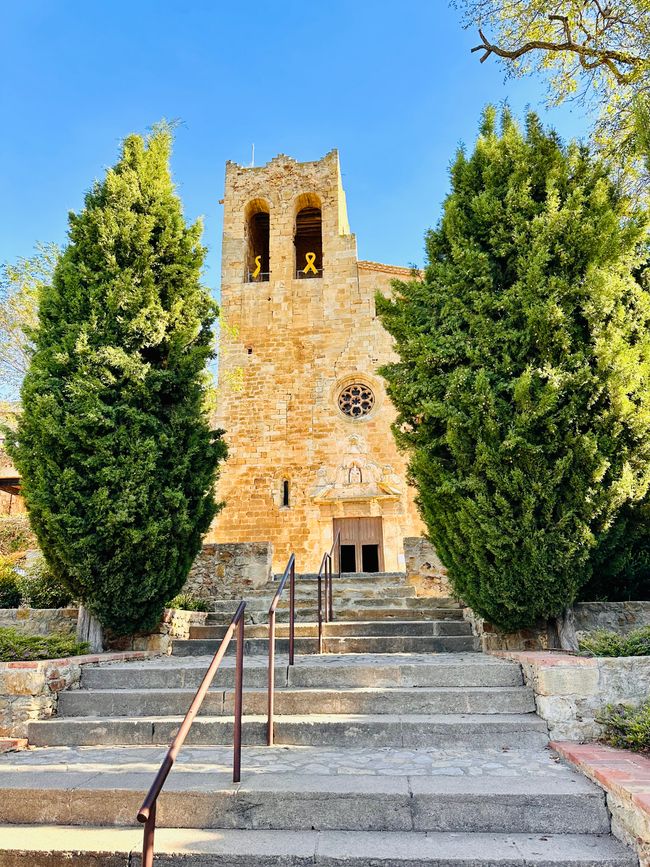
Additionally, there is a tradition of pottery making in the region. This craft has established itself in various parts of Catalonia, with Pals being one of the many centers known for handcrafted ceramic products. The pottery tradition of Pals dates back to ancient times, and many workshops in the area produce handmade pottery, vases, and other decorative and functional items. This artisanal craft is an important part of the culture in the region.
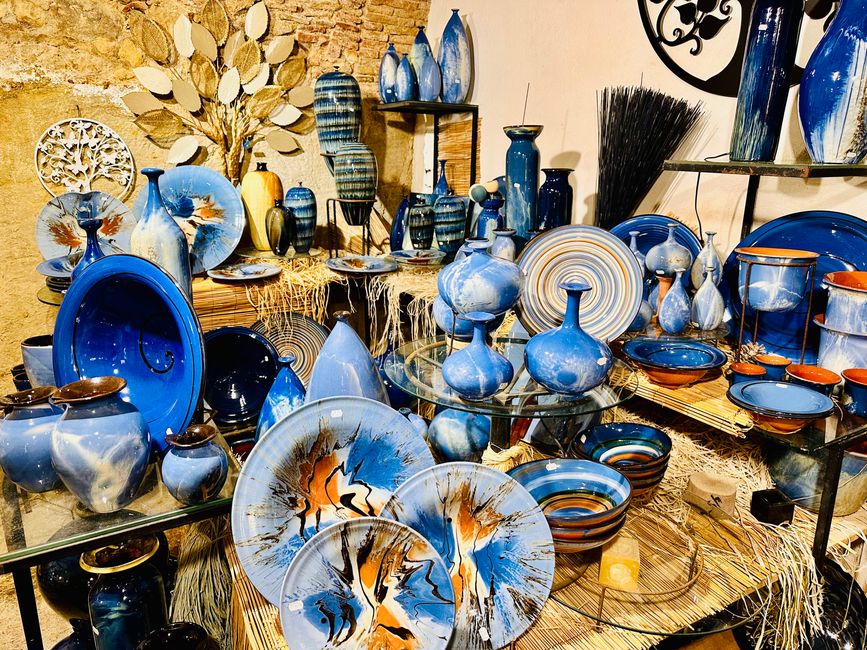
The village is truly worth seeing and has an exciting history.
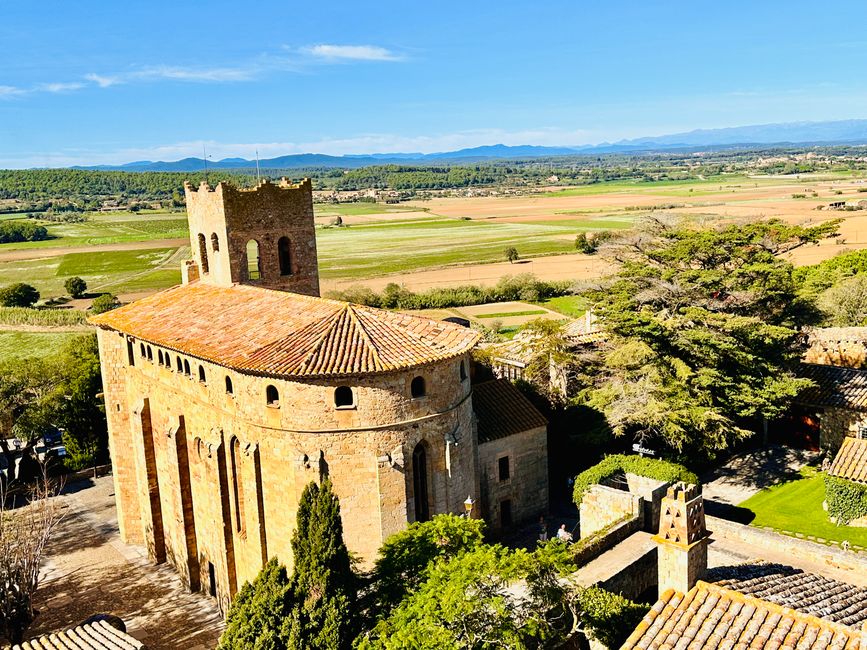
We then went to the beach Platja del Racó in Begur. This beach merges into the Platja Gran de Pals after 300 meters. This beach is situated in a partially populated area of high ecological value. The entire area is part of the natural park “Parc Natural del Montgrí, les Medes i el Baix Ter.” Platja Gran beach features an important dune belt along the coast, which has restricted access due to its significance and vulnerability to prevent negative impacts caused by human foot traffic.
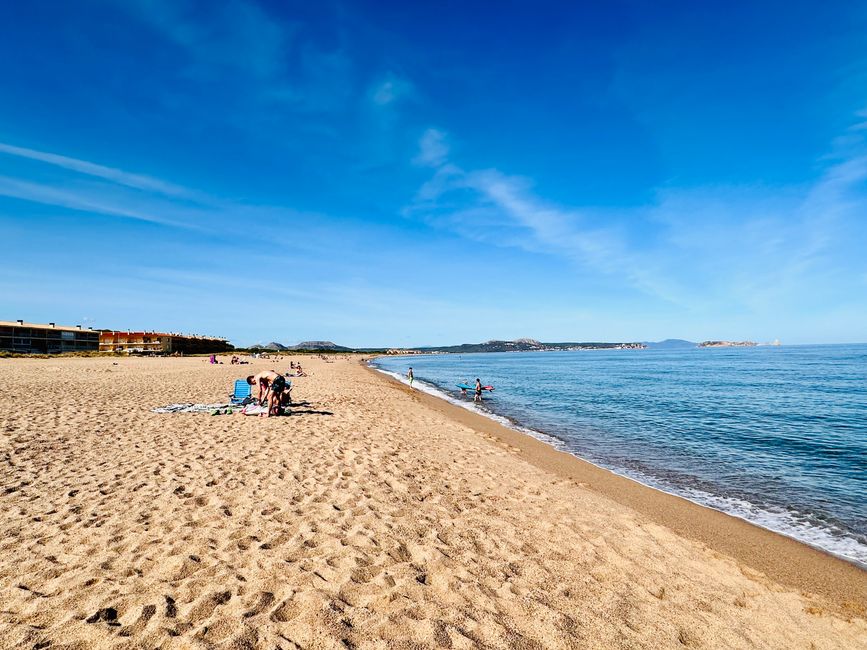
The beach borders to the north with the Platja del Grau and to the south with the Platja del Racó, and is overall over 3 kilometers long and up to 100 meters wide. The surface consists of golden coarse sand.
Today, we took the plunge into the big blue. The sea is clear and pleasantly warm for this time of year.
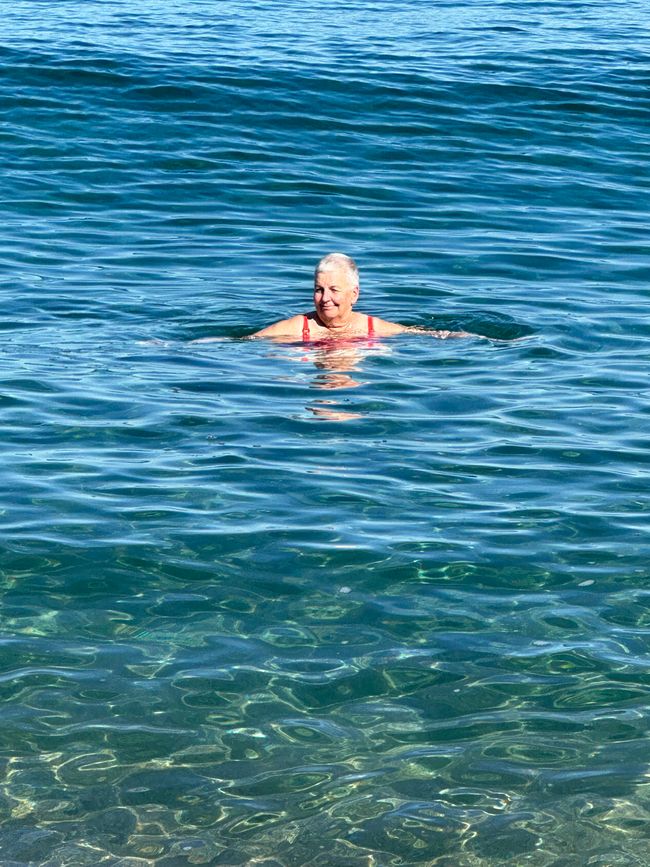
Biyan kuɗi zuwa Newsletter
Amsa (2)
Maja Feierabend
Super cool. Wir haben Bekannte mit Haus in Pals!!Sehr schönes Dorf und Umgebung, da haben sie viel Glück 😉

Rahoton balaguro Spain
